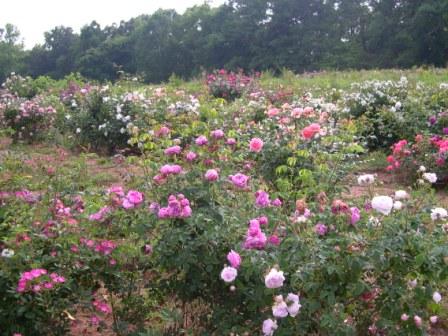
Photo/Illustration: Paul Zimmerman Roses

Photo/Illustration: Paul Zimmerman Roses
When planting roses one of the most common instructions is always to “toss a cup of bone meal in the bottom of the hole”. The reasoning behind this is that bone meal is phosphate, roses really need it and since it doesn’t travel through the soil quickly it’s best to put it in the hole.
I used to do this very early in my rose days, but then stopped doing so when I started the nursery. I did a soil analysis and the results didn’t call for it. I’ve not done it since and quite frankly never noticed any difference. So I never thought about it again, and when people asked me if they should use it I simply replied by saying you can if you want to but I don’t.
I figured after all, what harm can it do?
At least that is what I thought until someone posted a link on our Discussion Forum to a short paper by Linda Chalker-Scott, Ph.D., Extension Horticulturist and Associate Professor, Puyallup Research and Extension Center, Washington State University. She entitled the paper
“The Myth of Phosphate, Part II. Roses need phosphate fertilizer for root and flower growth”
She began by noting that she could not find any scientific research saying that roses needed more phosphate than other plants. And in fact the phosphate levels of most soils are perfectly adequate for roses and all plants – something my soil analysis and observations noted all those years ago.
But then the next part really made me stand up and take notice. I quote.
“Numerous studies have demonstrated that roses, like most terrestrial plants, maintain symbiotic relationships with beneficial fungi. If you add phosphate to your rose plants, you will decrease the ability of mycorrhizal fungi to colonize the rose roots.”
That was an eye opener. I’ve always preached against those systemic all in one fertilizers, fungicides and insecticides because studies show the have an impact on vital soil life but this was new. Professor Chalker goes on to add.
“Without these fungal partners, rose roots must work harder to extract water and nutrients from the soil. Moreover, this excess phosphate is injurious to other soil organisms. With increased fertilizer additions, soil salinity increases. You have now created an artificial system in which soil health is so impacted that you must continue to add fertilizer for your plants to survive.”
Now that last statement is great news if you own stock in a chemical fertilizer company but not good news for your roses. Those living soil organisms supply the natural nutrients that work in harmony with your roses to boost their own natural immune system. Professor Chalker is suggesting that by adding artificial fertilizers we are actually getting in the way of that process.
Professor Chalker-Scott goes on to say this.
“I believe this is what has happened in many landscapes that feature roses. Well-intentioned, yet misguided, homeowners over apply phosphate and other fertilizers, insecticides, and fungicides until the soil system is so impacted that it becomes non-functional. Without the beneficial soil organisms, roses become more susceptible to nutrient deficiencies and opportunistic diseases, causing rose aficionados to add even more of these chemicals.”
One more reason to just treat roses like any other plant. After all Roses Are Plants, Too.
Happy Roseing
Paul
If you wish to read the paper click here for a link.
Fine Gardening Recommended Products
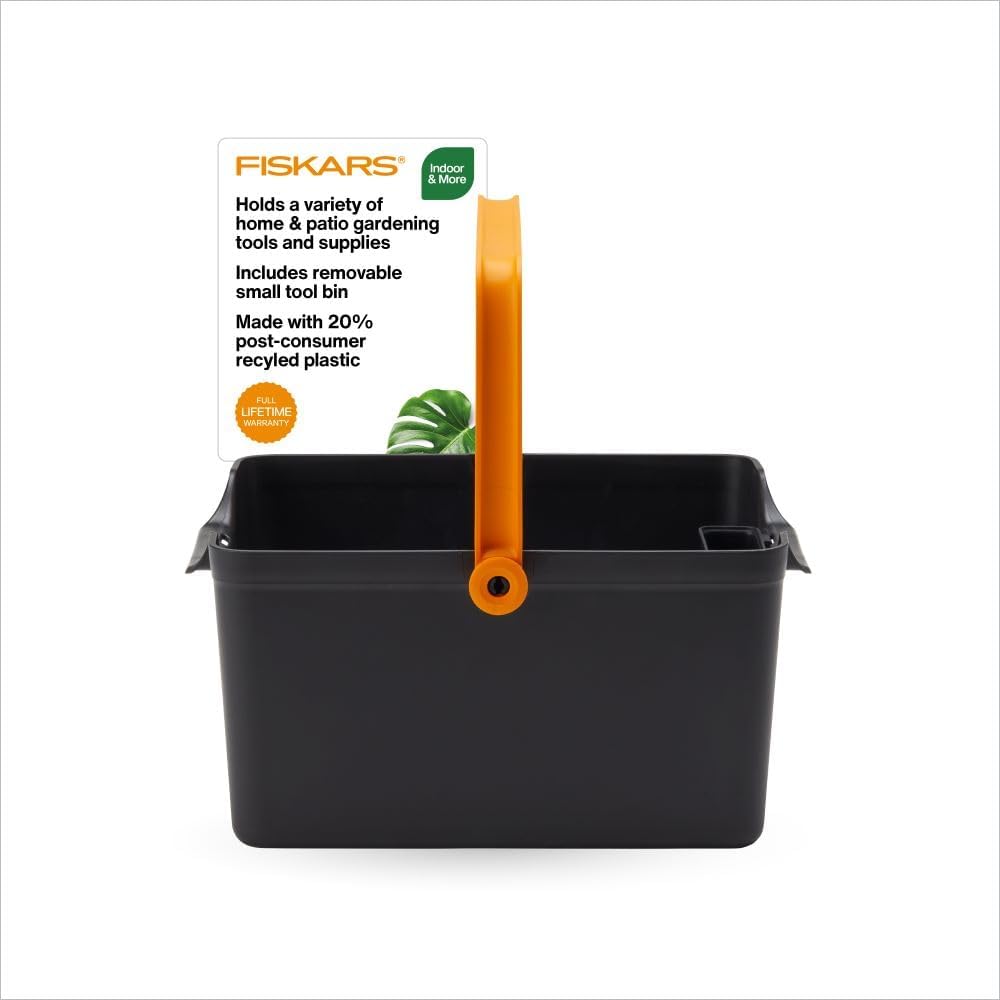
Fiskars Garden Tool Caddy with Removable Small Tool Storage for Indoor and Outdoor Gardening Use, Made with Recycled Plastic
Fine Gardening receives a commission for items purchased through links on this site, including Amazon Associates and other affiliate advertising programs.
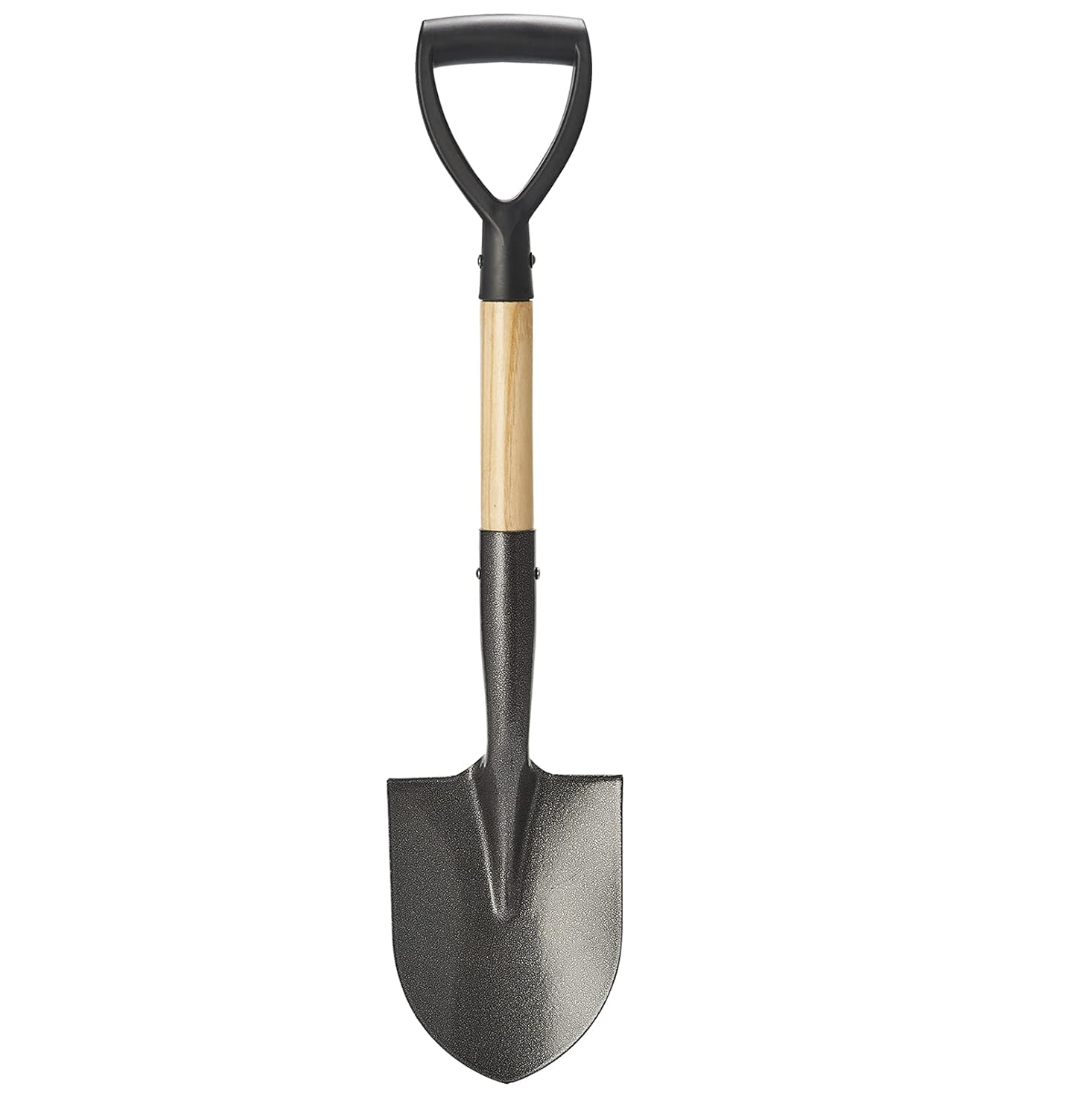
Corona® Multi-Purpose Metal Mini Garden Shovel
Fine Gardening receives a commission for items purchased through links on this site, including Amazon Associates and other affiliate advertising programs.

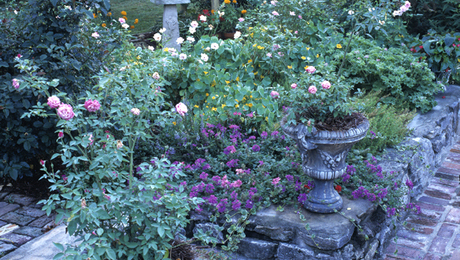

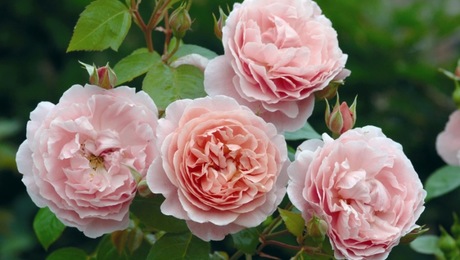


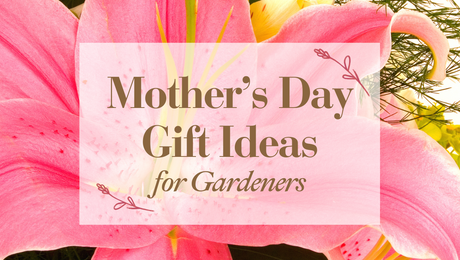
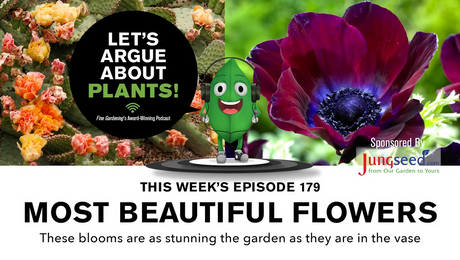










Comments
Another reason I found not to use bone meal is that my dogs love it. I planted some bulbs following that advice about bone meal for bulbs (which you have now made me question) and the next day every hole was dug up by the dogs. Same thing happened with the 1" diameter pellet of ? sent to me by a plant nursery with a shrub order. I assume the pellet must have contained bone meal and perhaps fish meal; at any rate, the dogs loved it. No more bone meal for me!
I've heard that from others. Now you have another reason!
Thanks Susan 749. So what is the concensus on bone meal and bulbs? Are we wasting our money and time using it? I had always assumed that some type of fertilizer is needed for them to keep blooming year after year.
Log in or create an account to post a comment.
Sign up Log in